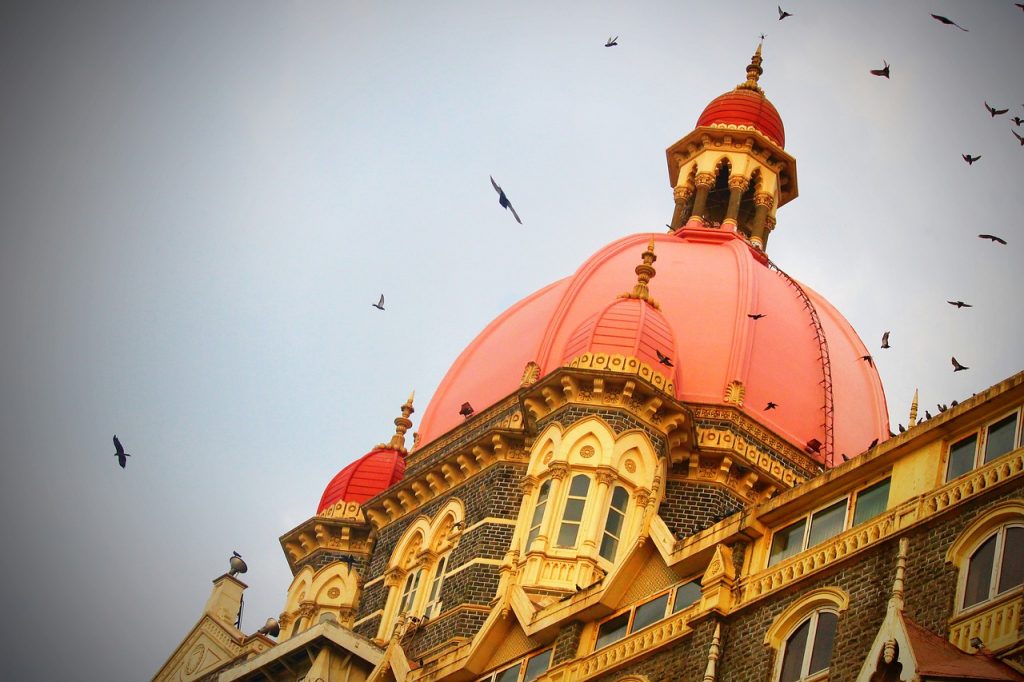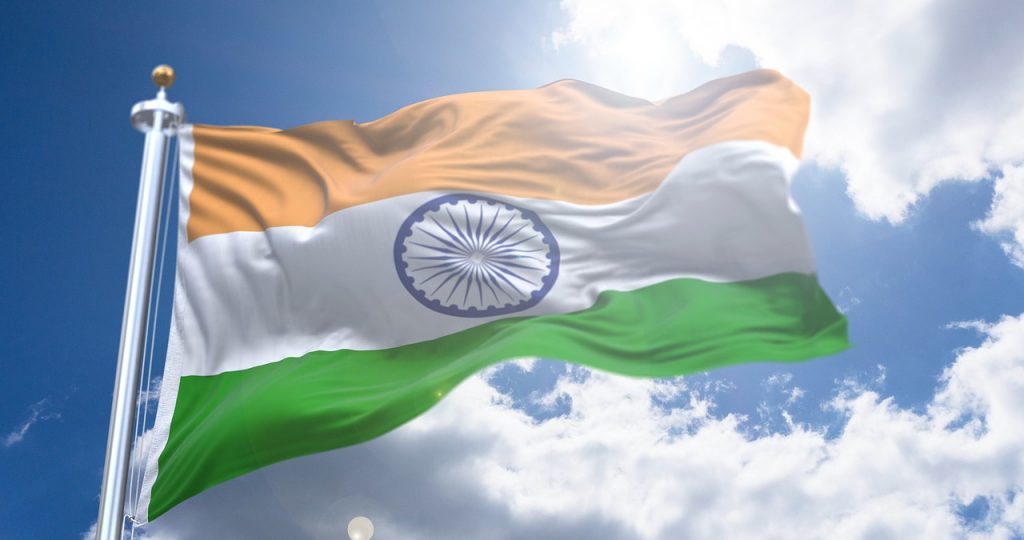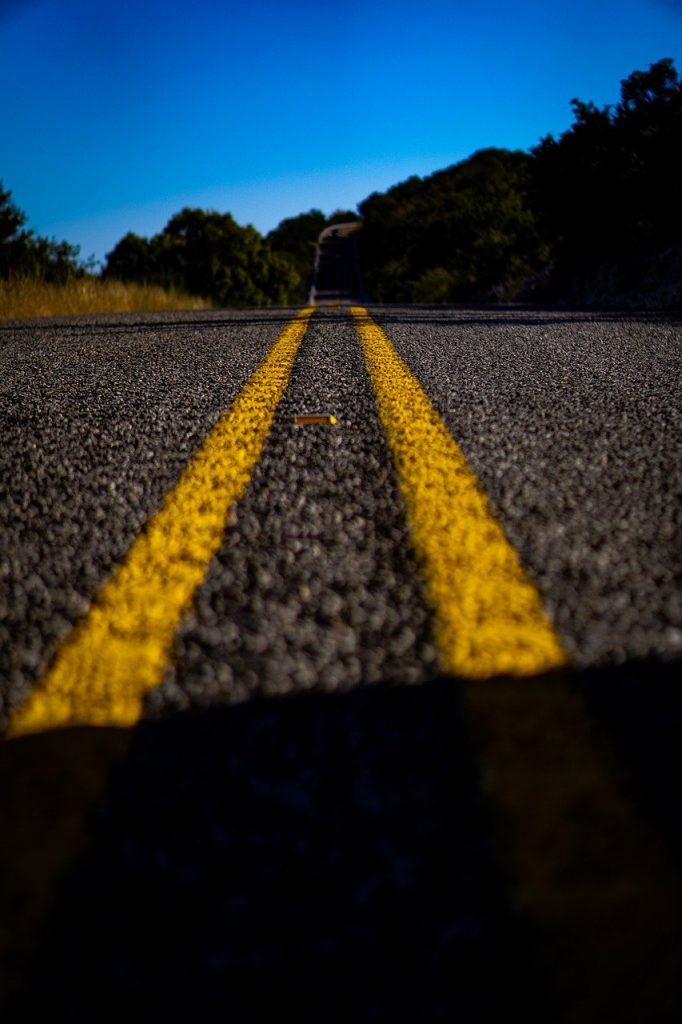On November 26, 2008, Mumbai was shaken by 12 shooting and bombing attacks by 10 terrorists that led to 175 deaths, left over 300 people wounded, and had a lasting impact on the relations between India and Pakistan. The 2008 Mumbai attacks were a series of terrorist attacks that lasted for 4 days from November 26 (Wednesday) to November 29 (Saturday), and shuddered this bustling city. This horrendous terrorist activity was heavily condemned the world over. The 26/11 attack was attributed to Lashkar-e-Taiba, an Islamist terrorist organization from Pakistan. It was masterminded by Zakiur Rehman Lakhvi. The only surviving attacker was Ajmal Kasab, who was hanged to death in 2012. His punishment was considered as a true tribute to the victims and martyrs of the 26/11 Mumbai terror attacks.
When the link between Pakistan and the 26/11 Mumbai attacks was established, relations between India and Pakistan worsened. The 2008 Mumbai terror attacks were one of the deadliest acts of terrorism whose roots can be traced to the Kashmir conflict. This land conflict has fuelled political violence in the form of terrorism. Through terrorist activities, such as the Mumbai attacks of 2008, Pakistan intends to pose a threat to India so that the government is pressurized to discuss Kashmir.
How Pakistani Terrorists Attacked Mumbai Hubs
Reportedly, a few hours before the 26/11 Mumbai attacks, 10 men had landed on the shores of Colaba, Mumbai, via inflatable speedboats. Local fishermen spotted them and notified the local police about this suspicious group. These 10 terrorists swiftly attacked Mumbai’s prime locations such as the Chhatrapati Shivaji Maharaj Terminus (CSMT), the Taj Mahal Hotel and Oberoi Trident, Leopold Café, and Nariman House.
At the CSMT, two terrorist, later identified as Ismail Khan and Ajmal Kasab, opened fire in the passenger hall, taking 58 lives and leaving over 100 injured. The railway announcer at the time, Vishnu Zende, displayed great presence of mind and instructed people to leave the station, thus saving many lives. The attackers opened fire on the streets and moved towards Cama Hospital to kill patients. The hospital staff was prompt to lock all patient wards, thus saving their lives.
A team of the Mumbai Anti-terrorist Squad, led by Hemant Karkare began the search for Kasab and Khan. In the exchange of fire between them and the terrorists, Karkare (Joint Commissioner of Police and the Chief of Mumbai ATS), Vijay Salaskar (an Encounter Specialist Senior Inspector), Ashok Kamte (Additional Commissioner of Police) and one of their officers were martyred and Constable Arun Jadhav was injured. He called for help and more police started pursuing Kasab and Khan. In the gunfire between them, Khan was killed, while Kasab was captured. During this encounter, Assistant Police Sub-inspector Tukaram Omble was martyred.
At the Leopold Cafe, 2 terrorists opened fire, killing 10 people and leaving several others injured.
Time bombs were placed in taxis; one explosion took place at Vile Parle, killing 2 people and the other occurred at Wadi Bunder, killing 3 and injuring 15.
At the Nariman House (Chabad House), a famous landmark in South Mumbai, many residents were held hostage by 2 terrorists. There was an exchange of fire between the police and the attackers. NSG Commandos from Delhi, and a naval helicopter, came to help. 60 hostages were rescued and the attackers were killed, but an NSG commando, Sergeant Gajender Singh Bisht was martyred.
The gruesome terrorist attack at Taj included 6 explosions in different parts of the hotel. 250 people from Oberoi and 300 people from Taj were successfully rescued by the NSG.
In the Mumbai terrorist attacks of 2008, 9 of the 10 perpetrators were killed and Ajmal Kasab was captured alive. Apart from the martyrs mentioned earlier, Senior Inspector Shashank Shinde, and NSG Commando Major Sandeep Unnikrishnan sacrificed their lives, while 3 railway officials were killed at the CSMT.
26/11 Attacks: What the Investigation Unveiled
Investigations revealed that the terrorists had travelled by sea from Karachi to Mumbai. They had received training from Lashkar-e-Taiba at Azizabad in Karachi. According to U.S. officials, the Lashkar-e-Taiba militants were supported by ISI officers.
Abu Hamza, an Indian Islamic terrorist, who was arrested in 2012, told the police that the 2008 Mumbai attacks were scheduled in 2006, but the AK-47s and RDX that was to be used in the attacks was recovered during a raid earlier that year, and the plot had to be postponed. Then Abu Hamza went to Pakistan, gathered Pakistani youth, and plotted an attack in September 2008, which could not materialize due to rough waters that did not allow sailing from Karachi to Mumbai. Finally, the attacks were carried out in November 2008.
Pakistani Link in the 26/11 Mumbai Attacks
Initially, Pakistan refuted the claim that the terrorists involved in the 26/11 attacks in Mumbai were from their country. However, in 2009, Pakistani authorities agreed that Ajmal Kasab was a Pakistani. The Indian government persisted that Pakistan was not cooperating in the investigations of the 26/11 Mumbai attacks. Reportedly, ISI had supported the Mumbai terror attacks of 2008. In November 2009, David Headley, a Pakistani-American was charged with searching for locations for the 2008 Mumbai attacks. In December that year, it was found that Abdur Rehman Hashim Syed, a retired major in the Pakistani army was also involved in plotting the 26/11 terrorist attacks.
The Kashmir conflict began after the partition of India, and has resulted in 3 wars between the two countries. The Pakistani government is said to have helped in the formation of underground militant groups that carry out terrorist activities. ISI provides weapons and training to the militants and a few Islamic groups that scout for youths to be trained as terrorists, which are operational from Pakistan-administered Kashmir.
Acts of terrorism such as the 26/11 attacks have only led to death and destruction. It’s been 13 years since these Mumbai attacks, but neither terrorism has been wiped off, nor has the Kashmir conflict been resolved. Indians stand united and the world supports them, in the fight against terrorism.



